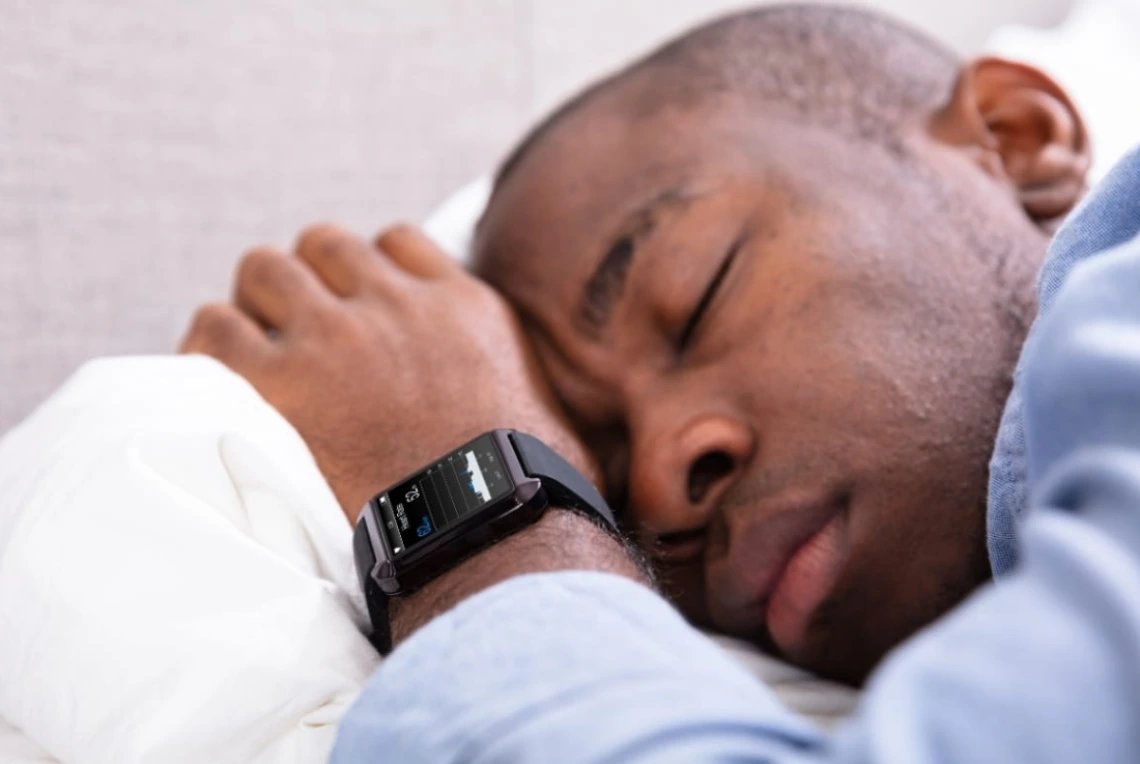Wearables and smart sleep devices—such as watches, rings, mats, and smart beds—track things like sleep time, patterns, movement, heart rate, and sometimes oxygen levels. They can help raise awareness of sleep habits and encourage healthier routines, but their accuracy is limited since they rely on algorithms rather than medical testing. They’re useful for spotting general trends but can’t reliably identify sleep stages or diagnose conditions like sleep apnea. While some devices may flag signs such as oxygen drops, snoring, or restlessness, only a medical sleep study can confirm a disorder.
When choosing a device, consider comfort, battery life, data detail, and cost, and use the information to improve your schedule and environment rather than focusing too heavily on nightly scores. Experts warn that becoming anxious about poor results can actually worsen sleep. For symptoms like loud snoring, gasping, or persistent daytime tiredness, it’s important to see a healthcare provider instead of relying solely on technology.
Read more or listen to this news on the UA News website here.
Look into the VIP team here: Sleep and Circadian Research Group
